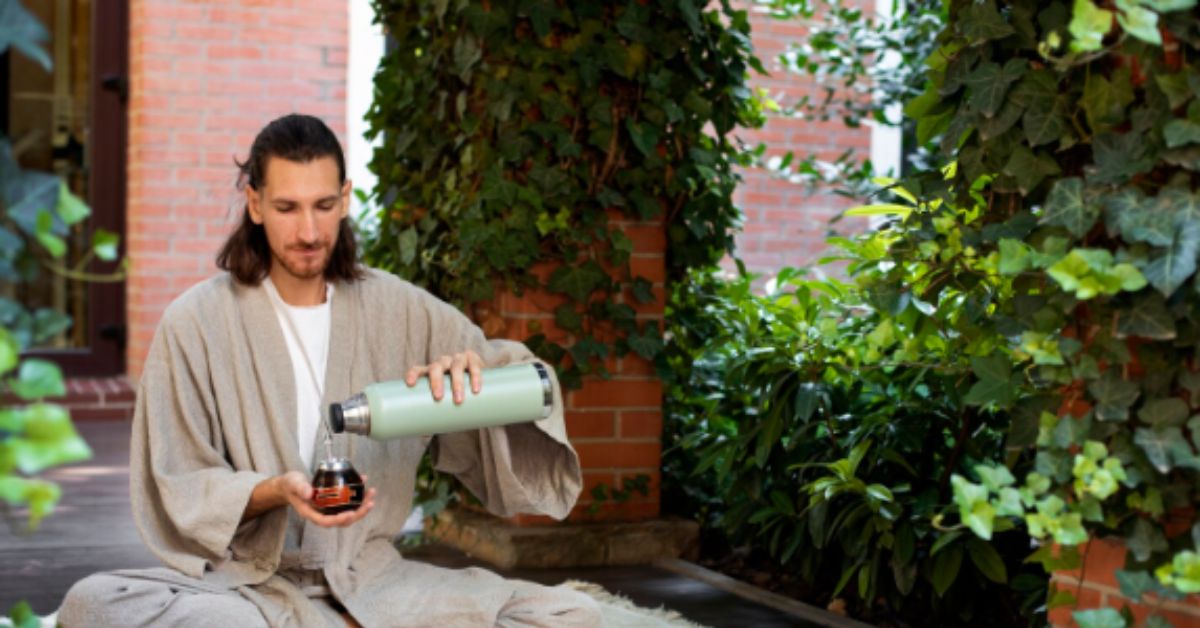Ancient herbal healing offers a natural path to wellness by drawing on remedies trusted for centuries. These time-honored practices use plants to restore balance, strengthen immunity, and promote overall health. From easing stress to supporting digestion, herbs provide gentle yet practical solutions. Modern research continues to validate their benefits, making them a valuable complement to contemporary medicine. Embracing these traditions today allows individuals to connect with nature’s wisdom while nurturing holistic well-being.
Ancient Herbal Healing: A Rebirth in Modern Wellness
For thousands of years, cultures across the globe have relied on the healing power of plants. This ancient wisdom—often called herbal healing—embodies a holistic approach, using roots, leaves, barks, and flowers to restore balance and health in the body. Herbal traditions trace their origins to early civilizations, where remedies were passed down through generations, preserving time-honored knowledge of nature’s immense pharmacy. Today, these age-old remedies are experiencing a renaissance as modern wellness seekers rediscover their benefits. Individuals choose botanicals not only for general well-being but also to complement conventional approaches in specific areas, such as immunity, inflammation, mental health, and even treatments related to skin cancer. As research catches up to tradition, herbal healing emerges as a valuable bridge between ancient wisdom and contemporary health.
The Science Behind Herbal Remedies
While herbal medicine is rooted in centuries of anecdotal tradition, a mounting body of scientific evidence affirms its effectiveness. Medicinal plants contain potent phytochemicals—such as alkaloids, flavonoids, and terpenes—that interact with the body’s natural systems. These compounds support immune regulation, reduce inflammation, aid digestion, and help the body respond to stress. For example, compounds in ginger and turmeric have shown anti-inflammatory effects, while ginseng is linked to improved stamina and cognitive function. Recent studies—such as those summarized by the National Institutes of Health—continue to identify and validate medicinal properties in plants (Research on medicinal plant properties). As research expands, it strengthens the scientific foundation underlying herbal healing.
Common Herbs and Their Historical Use Cases
Some of the most revered herbs have been trusted for generations, their reputations built on anecdotal stories and modern-day studies. Turmeric, celebrated in South Asian traditions for its anti-inflammatory and antioxidant properties, is now widely used in managing joint discomfort and digestive issues. Ginger, once prized in ancient China for nausea and colds, is embraced globally for its stomach-soothing effects. Echinacea, a staple among Indigenous North American tribes, is valued for immune support. Long at the heart of Traditional Chinese Medicine, Ginseng is treasured for its stamina and adaptogenic qualities. Historical accounts and clinical studies continue to align, suggesting these herbs may support the body’s resilience and overall vitality.
Ancient Healing Practices Across Cultures
Herbal healing is not exclusive to a single culture—its legacy weaves through history on every continent. Native American healers traditionally crafted teas, poultices, and salves from local plants for wounds, fevers, and respiratory illnesses. In Ayurveda, India’s holistic health system, herbal blends like ashwagandha and triphala aim to harmonize mind and body. Traditional Chinese Medicine (TCM) uses sophisticated herbal formulas to balance the body’s Qi, treating everything from digestive issues to skin imbalances. These diverse traditions emphasize the interconnectedness of plant medicine, ritual, and lifestyle—a principle that informs modern global approaches to herbal wellness.
Contemporary Applications: Integrating Herbs into Daily Life
Integrating herbs into daily routines can be both simple and transformative. The safest approach is to start with high-quality commercial teas, tinctures, supplements, or topical salves. Herbal teas (like chamomile or peppermint) can soothe digestion or stress, while tinctures are concentrated extracts for targeted support. Salves work directly on the skin, which is ideal for mild irritations or sore muscles. Supplements offer a measured dose for consistent use. To introduce herbal remedies safely, start with a single herb and consult a healthcare professional, especially if you have existing conditions or take medication.
Safety, Regulation, and Quality Considerations
Herbal products vary widely in quality and potency, making consumer education essential. While herbs are natural, they are not risk-free; interactions with conventional medication or improper dosages can cause adverse effects. In many countries, regulatory oversight of supplements is not as stringent as for pharmaceuticals. To ensure safety, buy only from reputable brands with strict quality testing. Look for evidence of third-party verification and transparency in sourcing. The National Center for Complementary and Integrative Health offers guidance on choosing quality herbal supplements.
Real-Life Stories: Personal Journeys with Herbal Healing
Many individuals share profound stories of transformation by embracing ancient herbal remedies. A yoga instructor, Anna, describes how ashwagandha tea helped her manage anxiety and sleep better during stressful life changes. A cancer survivor, Mark credits a blend of turmeric and ginger for easing chemotherapy-related inflammation and supporting his recovery process. These anecdotal accounts, compiled in health publications like Healthline, inspire others to explore nature-based solutions. While everyone’s experience is unique, recurring themes include improved energy, stress resilience, and enhanced well-being.
Next Steps: Embracing Herbal Wisdom Responsibly
Education and mindfulness are key for newcomers eager to explore herbal healing. Start by researching herbs that align with your health goals and reading up on modern and historical sources. Consult healthcare professionals, especially if you’re managing a chronic illness or taking prescription drugs. ssQuestions to consider before starting a regimen include: What do I hope to achieve? How do I ensure the herb is high quality? Are there any interactions with my medications? Proceeding thoughtfully empowers you to enjoy the benefits of plant medicine safely and effectively.











